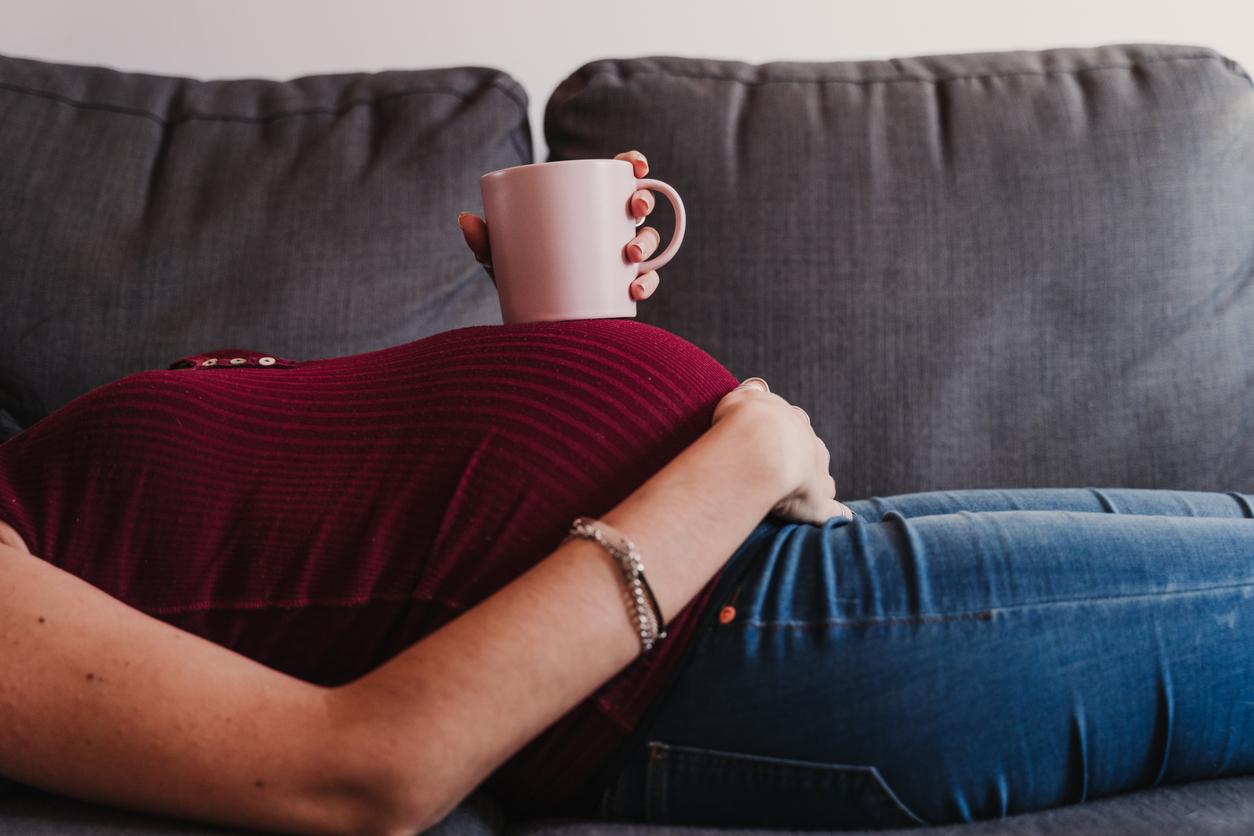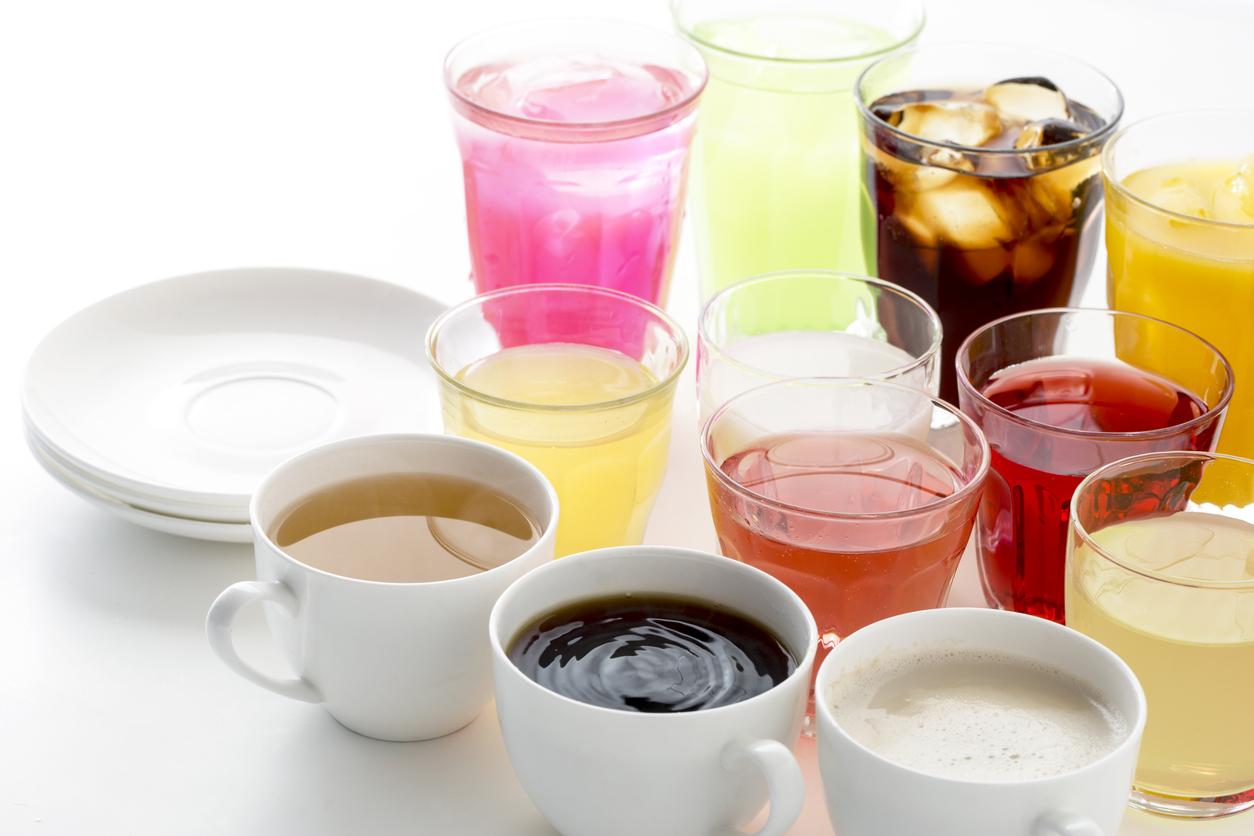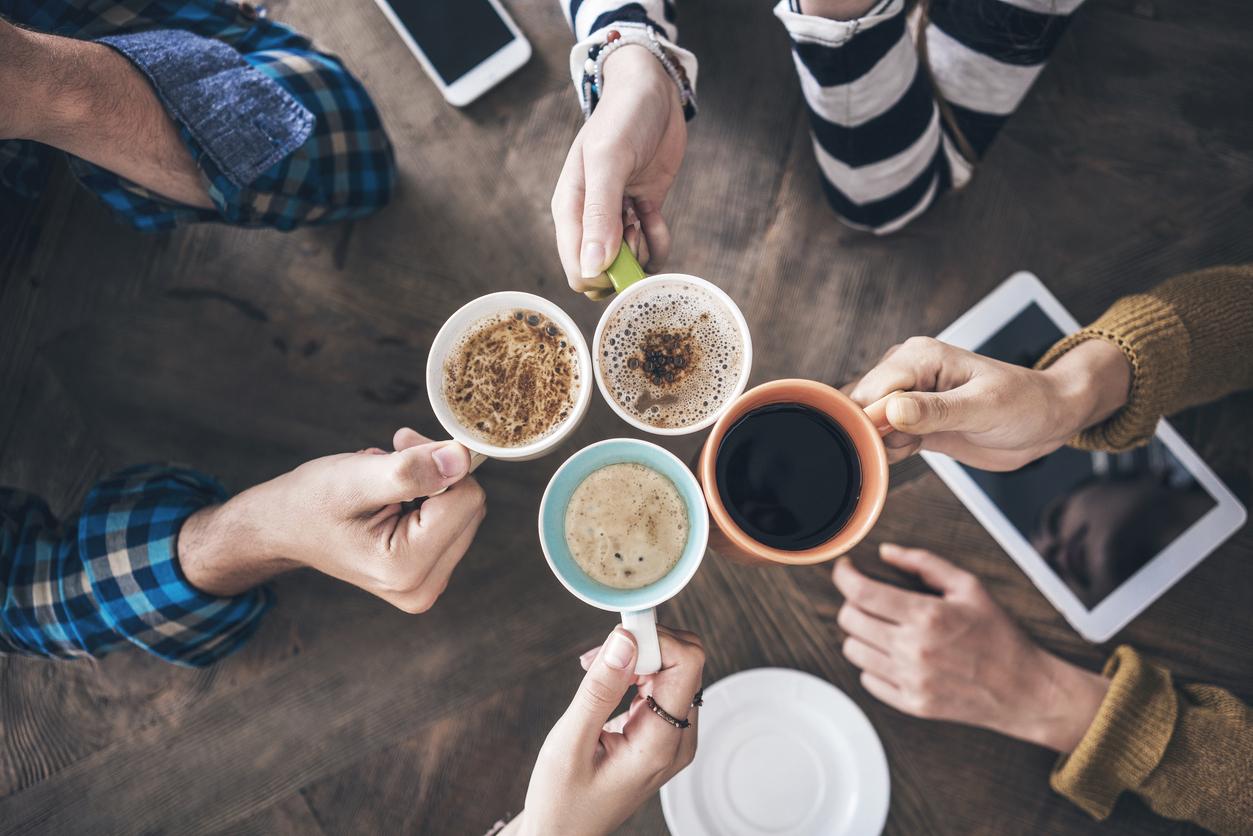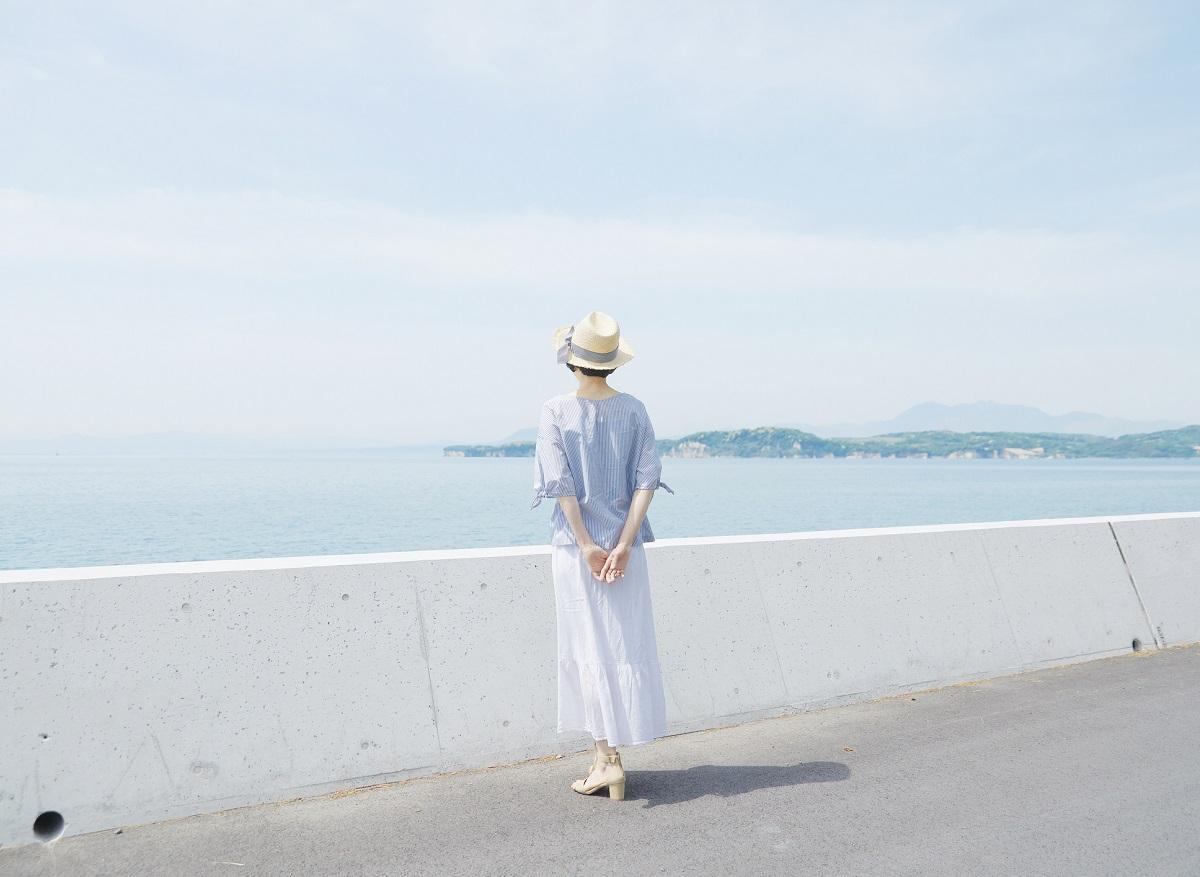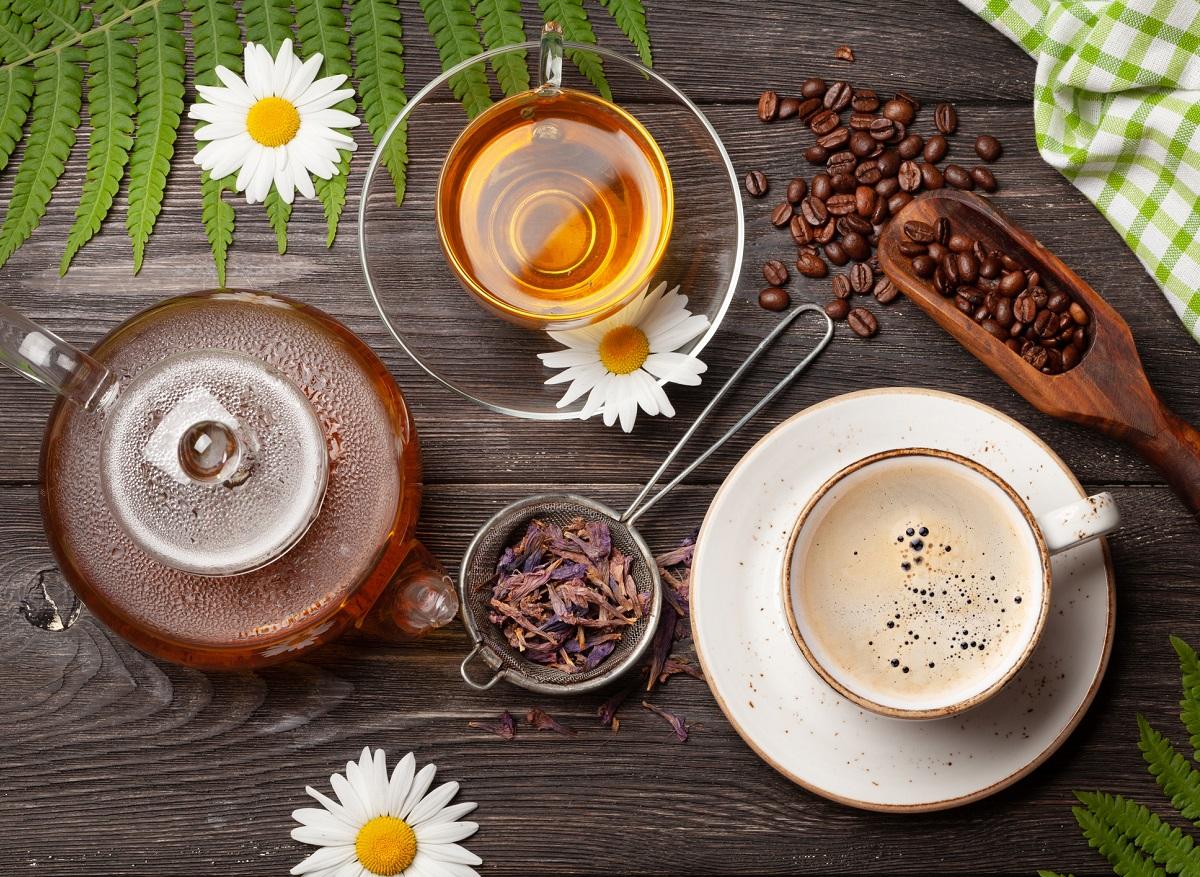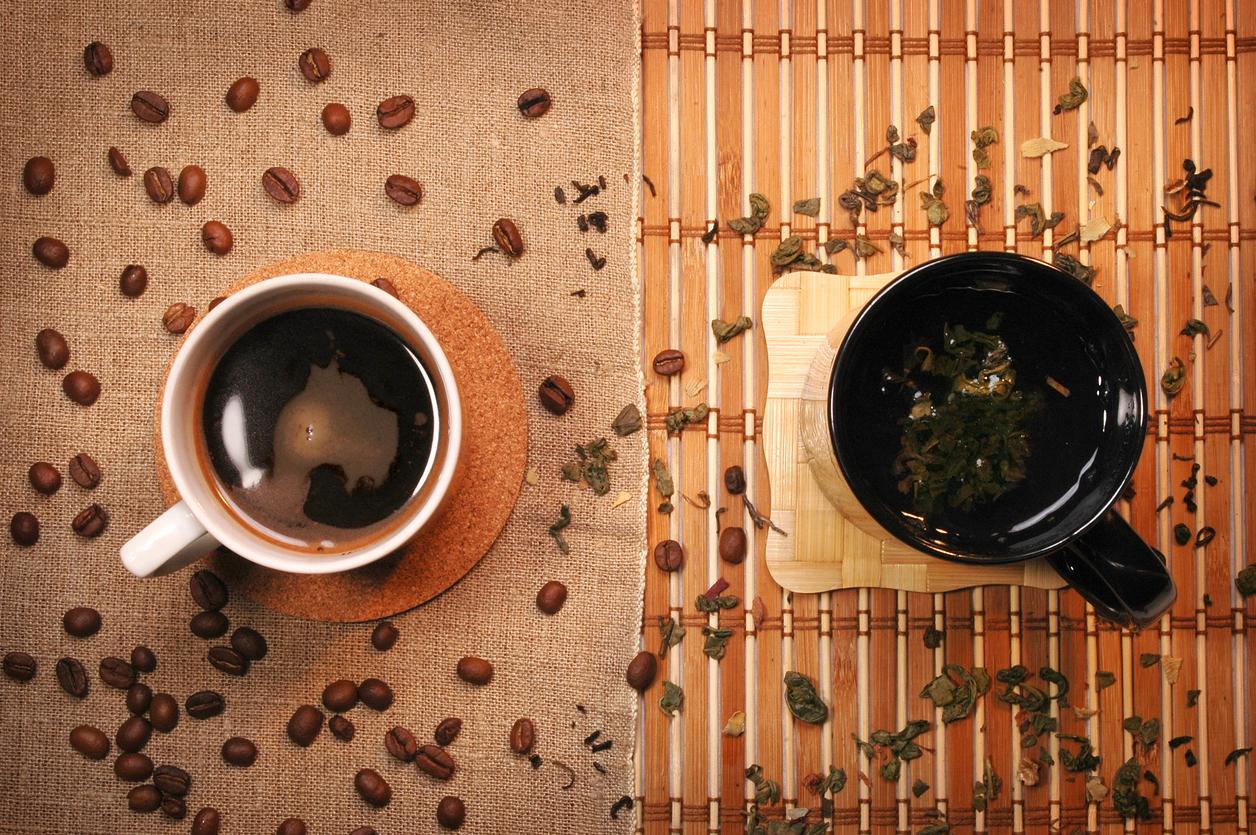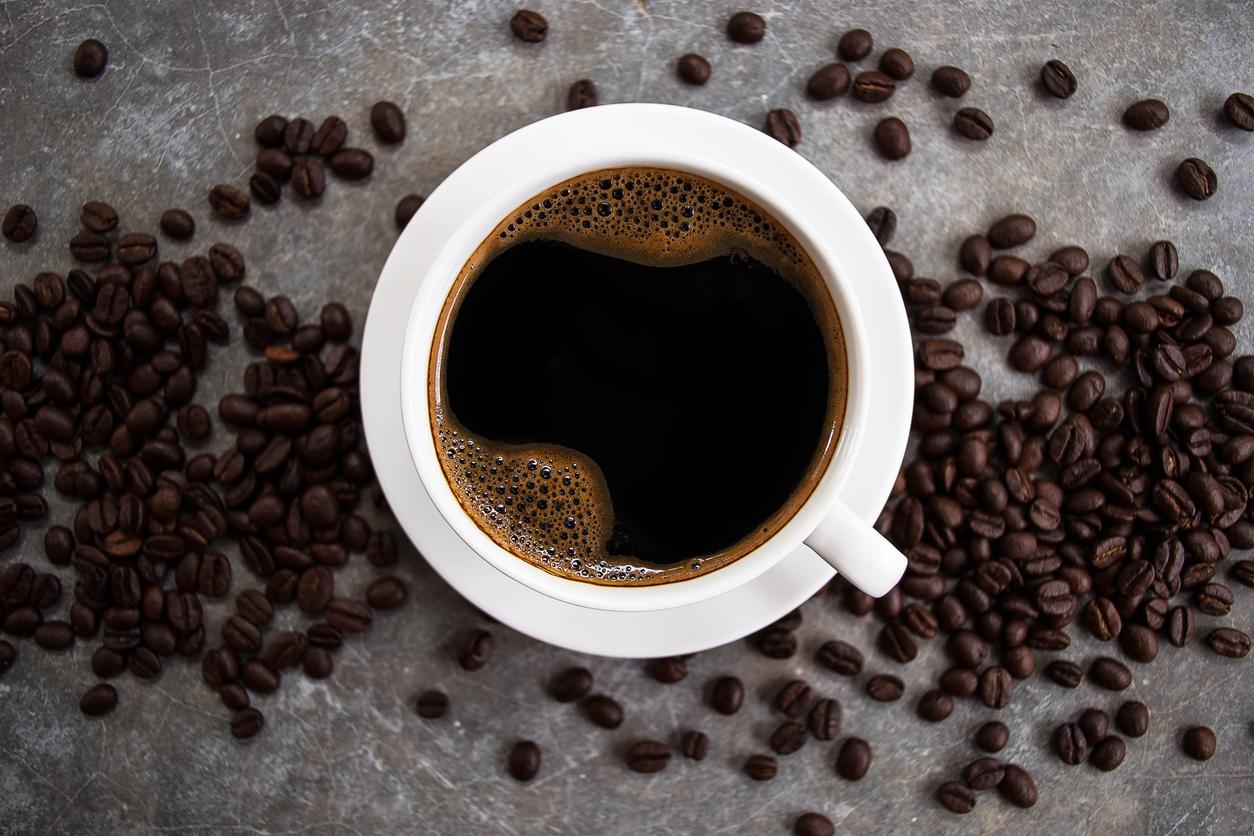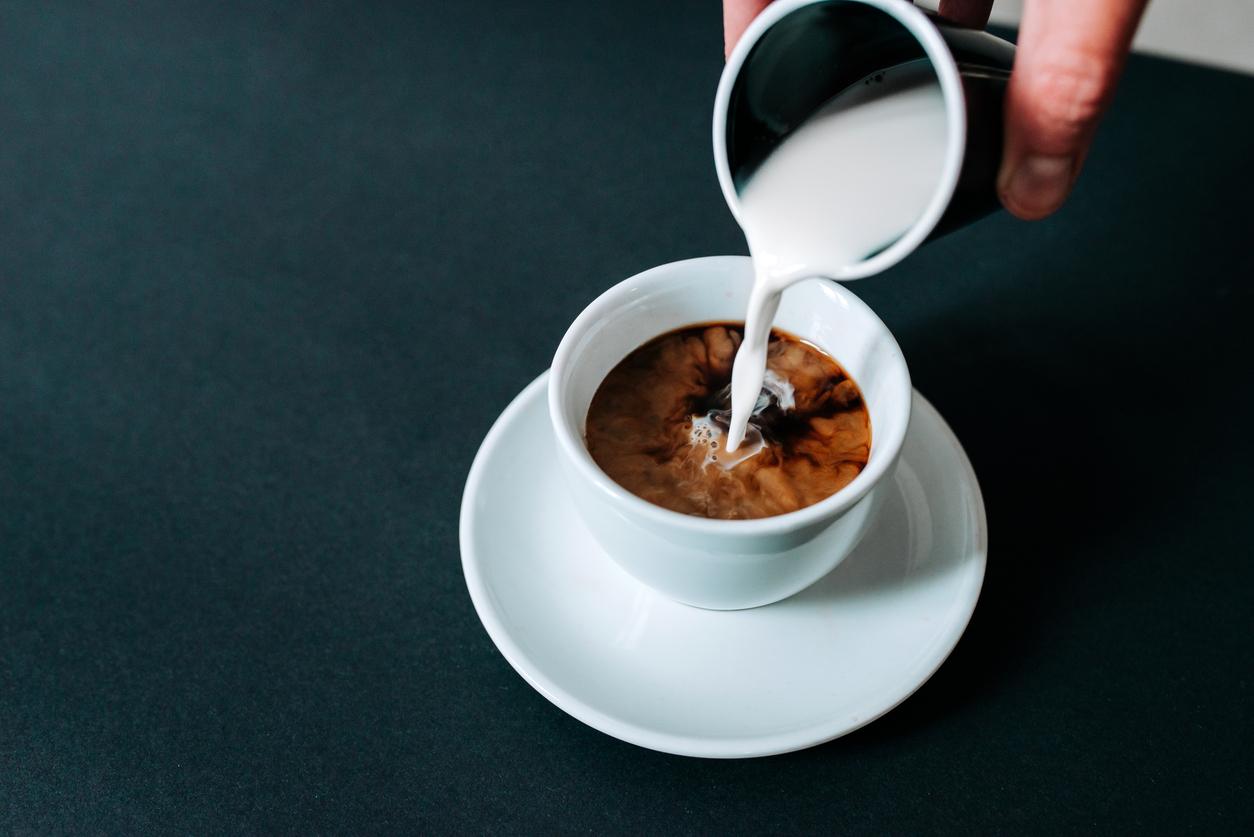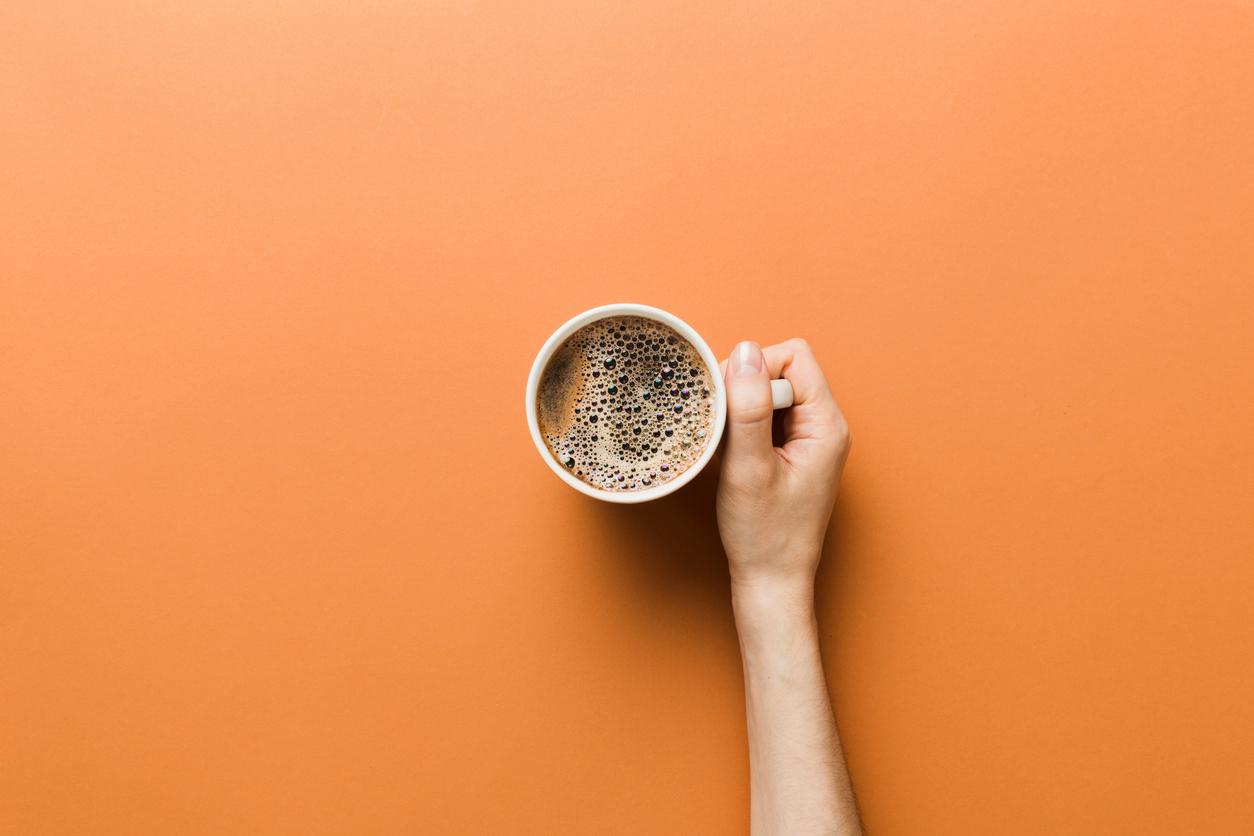Drinking a double espresso or caffeinated beverage before hitting the road decreases microsleep episodes.
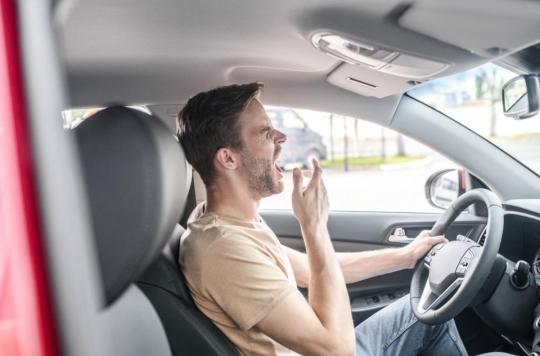
- 57% of French people drink coffee when they feel drowsy while driving.
- There are over 1,000 molecules in coffee.
- Certain foods can also reduce drowsiness, such as cucumber, radish, white fish or kiwi.
Top start for the summer holidays! They officially started on the evening of Tuesday July 7, so this weekend should be busy on the roads of France. When driving, caution is required to avoid accidents. This involves driving, but also eating and sleeping. For three years, the association of insurers “Prevention insurance” conducts studies on nutrition and alertness at the wheel. This year, it publishes the results an experiment on the effects of coffee: it would reduce the risk of drowsiness.
Less effective caffeinated drinks
The research, led by Frédéric Saldmann, cardiologist and nutritionist, was carried out using a driving simulator and a sensor to identify signs of drowsiness. Three groups of participants were formed: the first took a caffeinated drink, containing 160 mg of caffeine, the second drank a double espresso, with the same dosage, and the third consumed a decaffeinated drink. The exercise took place according to a precise protocol: after taking control of the simulator for 15 minutes, the participants drove for 30 minutes, with a braking exercise. Then they drank the drink that was assigned to them, then they drove for two hours with three braking exercises. At the end of the study, the researchers found that half of the drivers who took the decaffeinated had microsleep episodes, compared to only 3% of those who drank a double espresso, and 25% of those who took caffeinated drink. “Coffee and other caffeinated beverages help combat drowsiness and loss of alertness associated with long, monotonous highway journeys, they conclude. However, coffee almost completely prevents the occurrence of micro-sleeps throughout a two-hour driving session, which is a crucial point since these two states (proven drowsiness and micro-sleeps) are obviously the most accident-prone.Since both the double espresso and the caffeinated drink contained the same amount of caffeine, but the results vary greatly, further research is needed to understand which molecule in the coffee has this effect on drowsiness.
The abuse of coffee is not recommended!
Consuming too much coffee is bad for your health. Several studies have proven that it increases the risk of cardiovascular disease beyond a certain number of daily cups. The European Food Safety Agency (EFSA) has defined a threshold: you should consume a maximum of 400 mg of caffeine per day, or about three cups.
Sleep well to reduce the risk of accidents
A coffee, a double espresso or a caffeinated drink will never replace a good night’s sleep. According to data from the Road safety, sleeping five hours or less multiplies by three the risk of an accident. She recommends hitting the road in the morning, rather than in the evening or at night, and “especially not after a day at work“. Once on the road, you should take a break every two hours, for at least a quarter of an hour either by stretching or walking. If you have heavy eyelids or you yawn: take a nap about twenty minutes.









